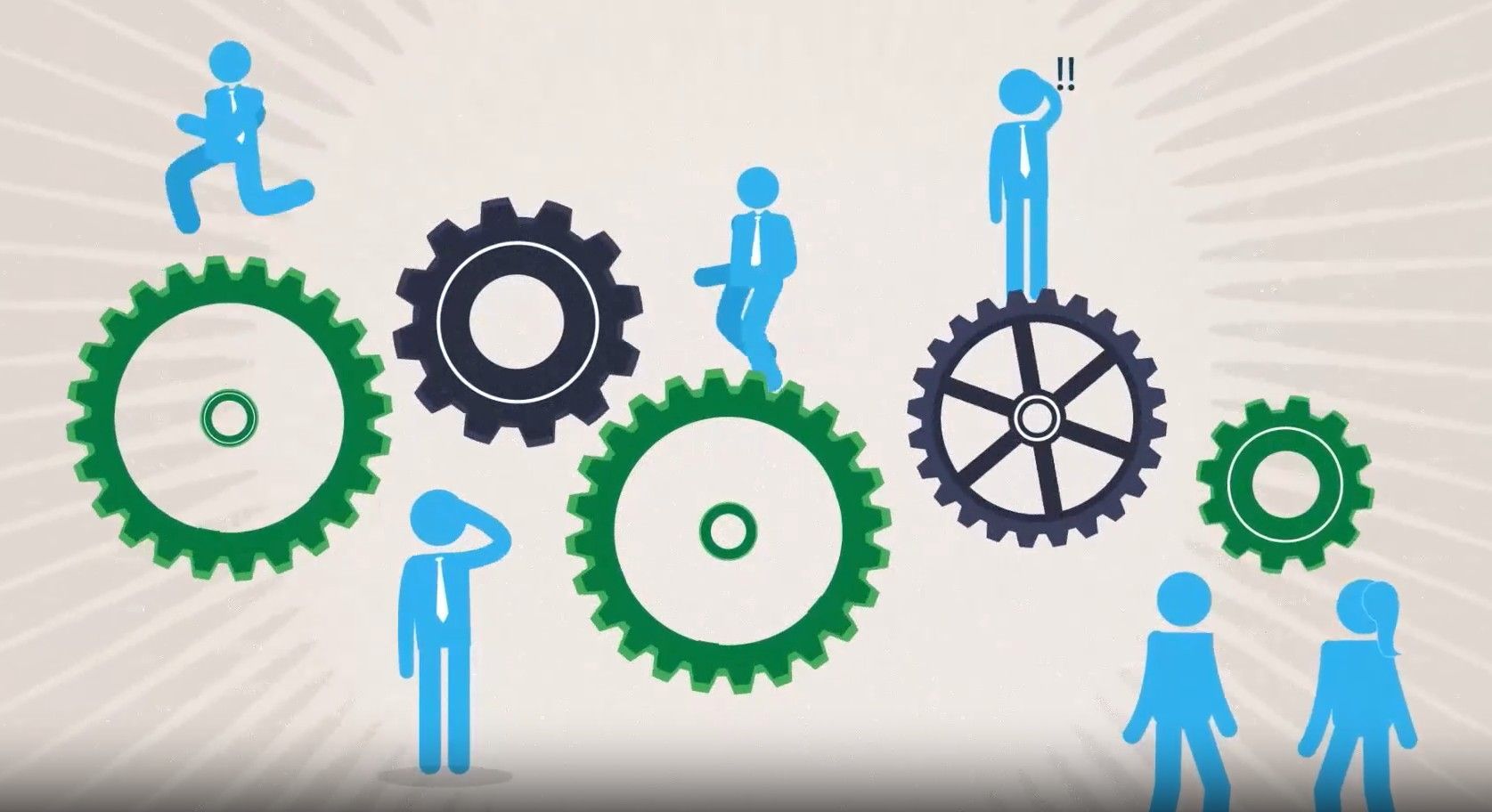Still Leveraging ADHD after All These Years
August 14, 2025
We’ve long been writing about ADHD, when managed effectively, as being an opportunity for salespeople who have it and for the companies they work for. But new questions keep coming up. For example, what can you do when your competition is your prospect’s untreated ADHD-like behavior?
In our experience, ADHD can cut at least two ways for salespeople: They have it themselves or they call on prospects or clients who have it. The good news is that, either way, the solutions for turning a perceived disadvantage into a useful attribute are essentially the same. Those solutions can be put to work by sales representatives for themselves, managers for their teams, or companies.
ADHD stands for Attention-Deficit/Hyperactivity Disorder and, until a few years ago, had been associated mostly with children who can’t sit still or get their homework done. (See Attention Deficit Disorder Association and Children and Adults with Attention-Deficit/Hyperactivity Disorder.) But such children often carry their condition into adulthood and, without treatment, continue to face similar problems with different, more serious consequences. Not being able to complete tasks on time, an inability to focus, a need to “get out” and keep moving—these are not traits employers want.
On the other hand, those same, or similar, traits can be valuable in sales—high energy, a restlessness that drives salespeople out to prospect and network, and idea-generating creativity—are a few.
“Salespeople with ADHD can be excited by new meetings and networking,” explains Dale Davison, an executive coach in Wilmette, Illinois, who specializes in adults with ADHD ( www.dale-davison.com ). “They are good at starting conversations and building that initial relationship. They’re charming, outgoing, and genuinely interested in whomever they’re talking to.”
In general, well-managed ADHD, which includes ADHD-friendly strategies, is not a big problem in the workplace. On the other hand, a downside to salespeople with untreated ADHD remains. Once it’s time to, say, input sales reports or send out contracts, Davison says: “They may lose interest or not know how to organize their follow-up. They may know their product inside and out but have so many ideas that they find it tough to limit their thoughts and organize presentations.”
We began writing about ADHD in sales eight years ago after a session of FOCIS®, our consultative selling training course. Somehow the topic came up and there were knowing smiles around the room—at least, among the salespeople. (Corporate executives, business owners, entrepreneurs, and professional service providers—lawyers, accountants, engineers—also benefit from FOCIS®. Selling may not be their main responsibility, but they are almost always expected to bring in new business. Many are surprised that selling is so difficult, and they come to us for help.)
The day that first column was published the owner of a manufacturing company in Michigan called us and said, “That’s me!” He was relieved that he finally understood at least one reason he struggled with selling. When he took FOCIS®, we discovered the approach we teach all salespeople can help sales people struggling with ADHD, too.
And new wrinkles keep presenting themselves.
One, for instance, is procrastivity . (Yes, we had to look this one up, too.) It’s a type of procrastination, explains Russ Ramsay, an ADHD expert and associate professor of psychology at the University of Pennsylvania. It’s just as frustrating as garden-variety procrastination but can be more damaging because it’s more subtle. Procrastivity delays high-priority work in favor of low-priority work, and that makes it tricky. The low-priority tasks are productive, even necessary, and so are easily justified. Yet they still get in the way of doing what’s most important—following up and making sales.
Another wrinkle is when you come across prospects or clients who have ADHD themselves and aren’t managing it well. They slow salespeople down with the usual obstacles—no time to meet with you or read your materials, for instance, or an inability to focus on what’s in front of them when they do find time. But they’re not necessarily rejecting your product or service because they don’t see a need for it or don’t have the budget. They’re doing it because they can’t pay attention effectively enough to answer discovery questions that can reveal whether they do—or do not—need what you’re offering.
Our experience has been that, with little or no modification, a customized sales process and consultative selling skills work just as well with ADHD prospects and clients as with those who don’t have ADHD. The reason is that in any business-to-business sales environment a process customized to industry, market, and product guides discovery while consultative selling skills increase its effectiveness.
Here’s another example. While we were planning a joint sales call, one of our money management clients warned us that this prospect never gave them more than ten minutes. He took meetings, but they never went anywhere because his attention span was so short. We didn’t know if the problem was ADHD, but we understood the behavior, and, with one variation, our solution was the same: We wrote out our discovery questions and shared them with the prospect on paper during the meeting. Walking through the questions with us one by one, the prospect could stay focused, and the meeting went nearly two hours. Our client was surprised: “If I hadn’t been there, I never would have believed it.” When the prospect gave him $13 million in assets to manage three weeks later, he was ecstatic. And so were we.
One last thing: If not managed well, ADHD is costly—both to individuals and the businesses they work for. The national “excess cost” incurred by those with ADHD in 2010 dollars was estimated to be $105 billion to $194 billion. The largest contributor to the excess cost of adulthood ADHD is workplace productivity and income loss.*
Focusing on leveraging your ADHD if you’re a salesperson, or that of others if you’re a manager or executive, is worth it, don’t you think? Management strategies are well known—coaching, sleep, exercise, and medications can all be effective if done properly.
To learn more about helping salespeople, with or without ADHD, to improve their performance, just get in touch. We’re at 847-446-0008 or pkrone@productivestrategies.com and are happy to learn about your business development challenges—and opportunities!
*“ Economic Impact of Childhood and Adult Attention-Deficit/Hyperactivity Disorder in the United States ,” Journal of the American Academy of Child & Adolescent Psychiatry , October 2012.
The post Still Leveraging ADHD after All These Years appeared first on Productive Strategies, Inc..










